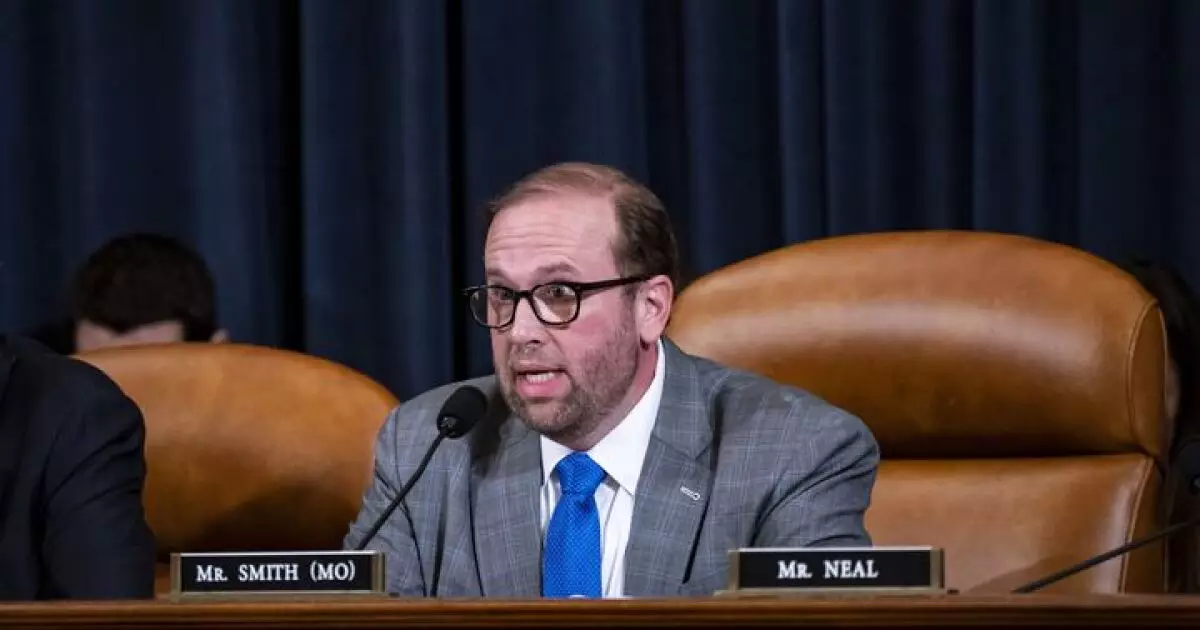In recent debates on healthcare policy, one issue remains consistently overshadowed by political rhetoric: the legitimacy and value of tax exemptions granted to nonprofit hospitals. While these institutions profess a mission rooted in community service and charity, a closer examination reveals a troubling disparity. Lawmakers from the center-right spectrum rightly question whether these hospitals live up to their obligation to the public. The truth is, many are exploiting tax breaks to build their financial reserves, often at the expense of the very communities they claim to serve. The myth of altruism in nonprofit healthcare is being unraveled by hard data, exposing a system that prioritizes tax privileges over genuine community benefits.
The False Promise of Community Investment
Prominent figures like Rep. Jason Smith have pointed out that a significant percentage of tax-exempt hospitals invest less than what they save in tax benefits. Specifically, data suggests that over half of these hospitals received more in tax advantages than they directed toward charitable endeavors from 2020 to 2022. For a system committed to charity and community reinvestment, this imbalance raises eyebrows — and rightly so. After all, the core rationale for tax exemption is that hospitals provide critical services, especially charity care, that would otherwise burden taxpayers. When these benefits are lacking or inconsistently delivered, the foundation of the nonprofit designation is fundamentally undermined.
Critics argue that the current oversight mechanisms are inadequate. While the IRS is mandated to review tax status every three years, enforcement has been lax, with no hospitals having their tax privileges revoked in over a decade. The consequence is a permissive environment where hospitals can continue benefiting from tax immunity without demonstrating tangible community impact. This selective leniency fosters skepticism about whether the tax breaks are deserved or whether they have simply become a lucrative loophole.
The Stark Reality of Financial Priorities
Compounding this skepticism is the growing size of the tax exemption pie—an estimated $37 billion annually, a stark increase from the $7.8 billion in 1994. This surge signals that nonprofit hospitals are accumulating enormous financial reserves under the guise of community service. Yet, research underscores that their actual charitable expenditure often falls short. The American Hospital Association contends that these hospitals provided $150 billion in community benefits in 2022, but critics argue this figure may be inflated or not sufficiently targeted toward truly needy populations. Indeed, the gap between claimed contributions and actual investment raises questions about the efficiency and integrity of these institutions.
Adding fuel to the fire, lawmakers have voiced concerns about the sustainability of rural hospitals and underserved areas, especially as financial pressures mount. The recent creation of a $50 billion rural health care fund underscores the urgent need to support these vulnerable institutions. However, this support also highlights an underlying inequity: the privileged economic position enjoyed by many nonprofit hospitals while rural hospitals struggle to survive. Serving the public good should be more than a rhetorical flourish; it ought to be reflected tangibly in community outreach and healthcare access.
A System Out of Balance and in Need of Reform
The ongoing debate about nonprofit hospital tax exemptions is not merely political posturing — it’s a confrontation with systemic inefficiencies and misplaced priorities. The focus should shift from justifying tax benefits to demanding accountability and real community investments. If hospitals are to retain their tax-exempt status, they must be held to higher standards of transparency, with clear benchmarks for community benefit spending. The current approach favors loopholes over public trust, allowing hospitals to expand their bottom line while communities are left to fend for themselves.
The political narrative often dismisses claims of misuse as merely budgetary concerns, but the real issue is ethical. Tax exemptions should be a privilege granted only when institutions genuinely serve the public interest. Until that standard is upheld, the narrative that nonprofit hospitals are selfless community pillars remains, at best, a convenient myth. It is time for policymakers to recognize that the current system incentivizes profit and reserve accumulation rather than service, and reform is not just necessary — it’s overdue.


Leave a Reply